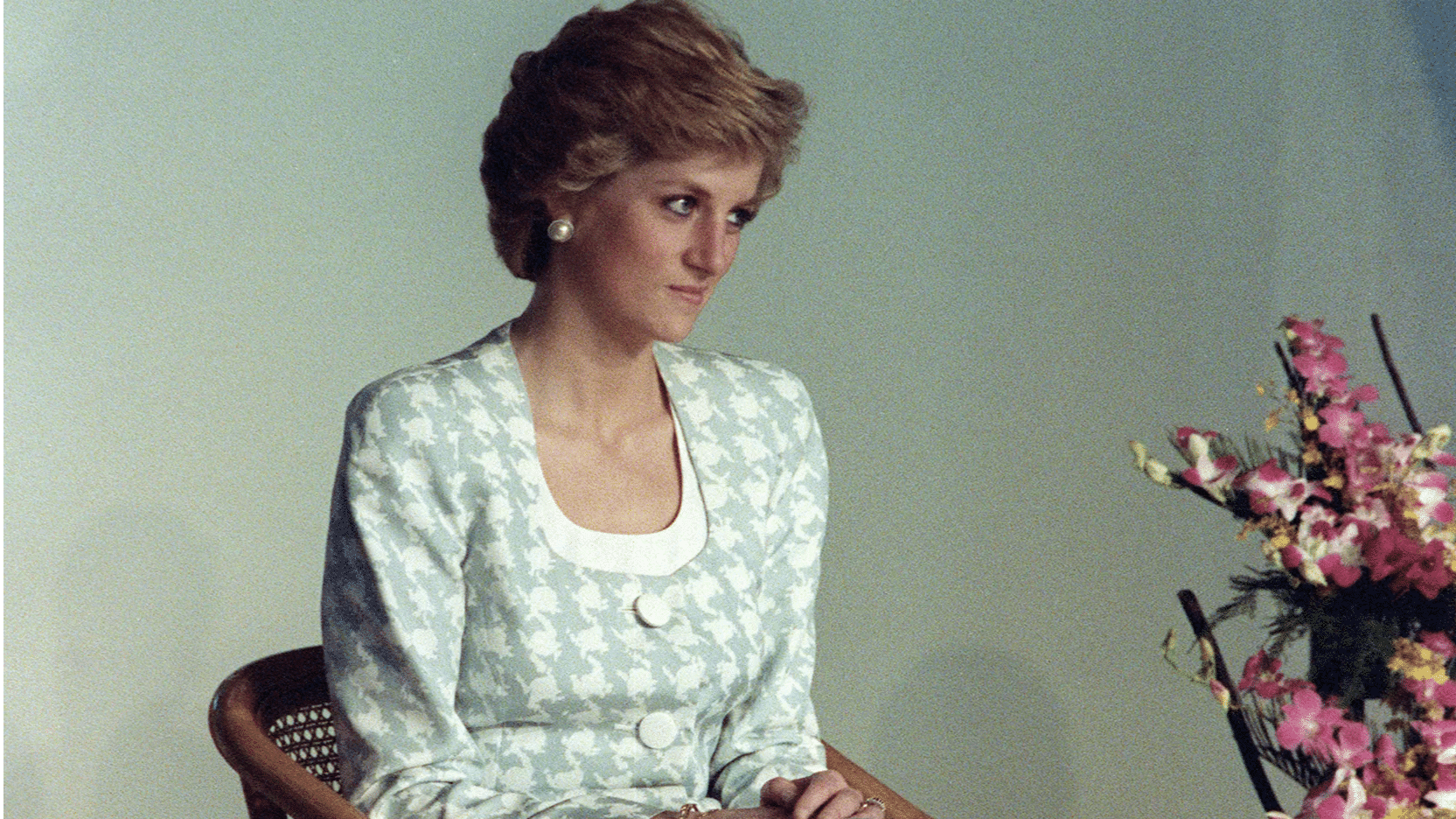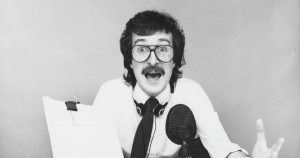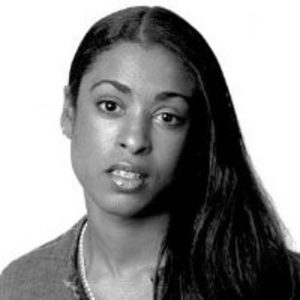An independent report has found that BBC journalist Martin Bashir used “deception” to secure the famous 1995 interview with Princess Diana. The report has also found that the broadcaster “covered up” the tactics used by the journalist.
Retired judge Lord Dyson, who was spearheading the six-month-long inquiry, said that the BBC “fell short of the high standards of integrity and transperancy which are its hallmark”, according to the BBC.
Also Read | How Prince William and Harry are reacting to the BBC’s probe into Princess Diana’s interview?
The BBC have issued an apology over the matter, saying the report has highlighted “clear failings” for which they are “very sorry”.
The sensational interview, for Panorama, was a huge scoop for the BBC – being the first time a serving British Royal had opened up to that extent about life in the Royal Family.
The interview grabbed headline across the world following Diana’s claims about her unhappy marriage with Prince Charles, saying “there were three of us in the marriage”, apart from other statements.
However, Diana’s brother Earl Spencer has since claimed that Bashir lied to get the interview. He said Bashir showed froged bank statements to gain his trust and land the interview.
The earl went public with his claims last year, following which the BBC commissioned an independent inquiry, the findings of which were revealed on Thursday.
Also Read | Princess Diana documentary to hit theatre screens in 2022
Dyson said he was “satisfied” that Bashir used the deception “so as to deceive Earl Spencer and induce him to arrange the meeting with Princess Diana”.
He also hit out at the internal investigation by the BBC in 1996, by future BBC chief Tony Hall and Anne Sloman, which cleared Bashir or wrong-doing, sayng it was “flawed and woefully ineffective”.
BBC Director-General Tim Davie said that while Princess Diana was “keen on the idea of an interview with the BBC, it is clear that the process for securing the interview fell far short of what audiences have a right to expect.”
Also Read | Queen Elizabeth’s affection: One of the nine secrets of Princess Diana’s life
“The BBC should have made greater effort to get to the bottom of what happened at the time and been more transparent about what it knew,” he said.
“While the BBC cannot turn back the clock after a quarter of a century, we can make a full and unconditional apology. The BBC offers that today.”







